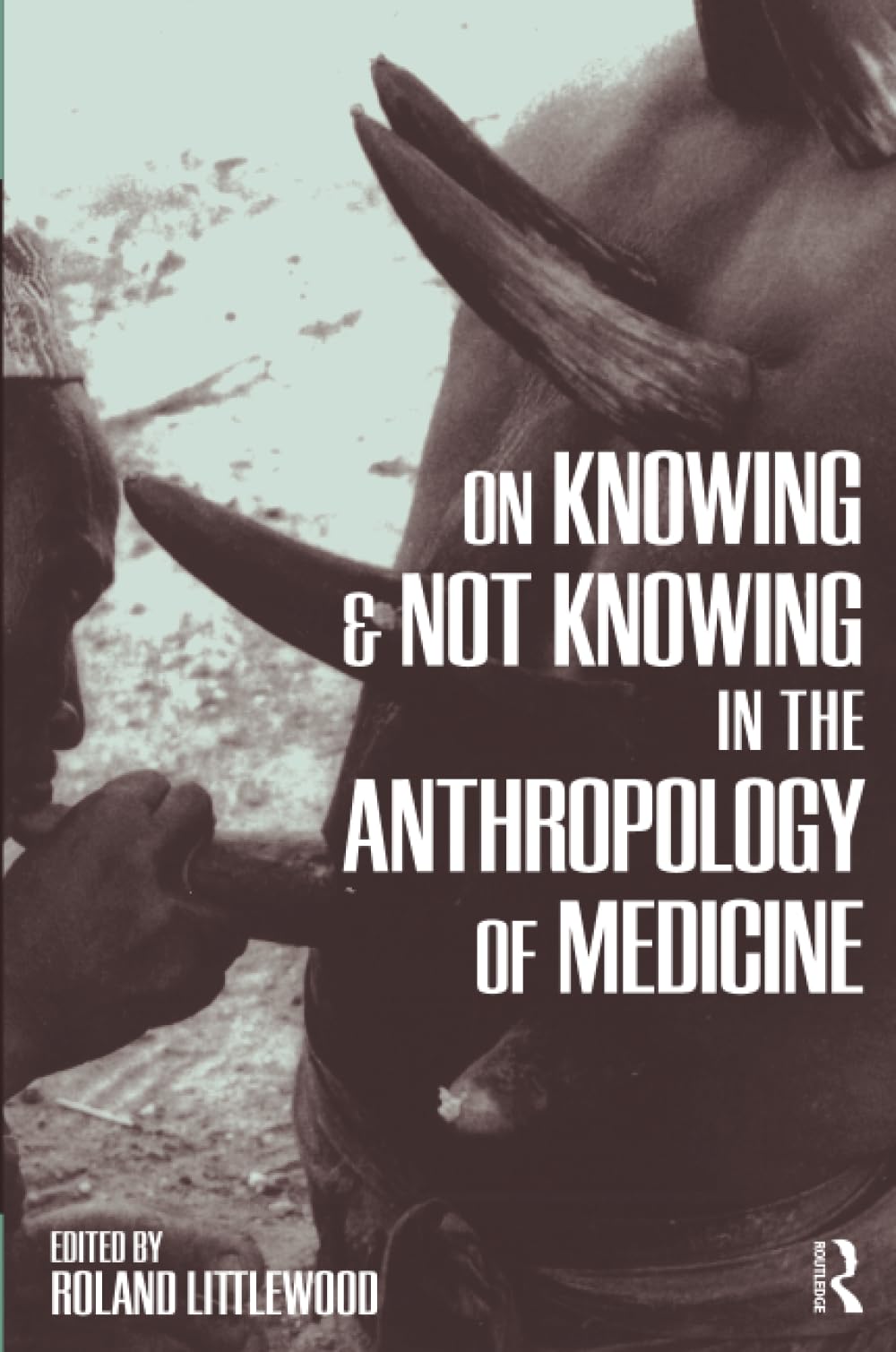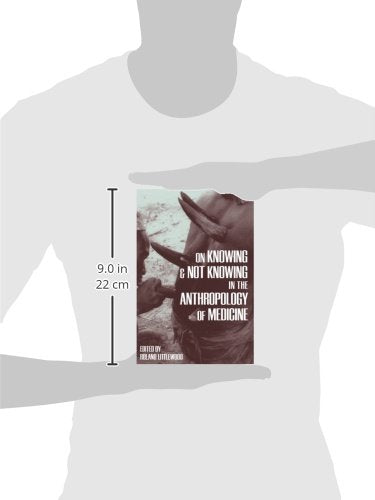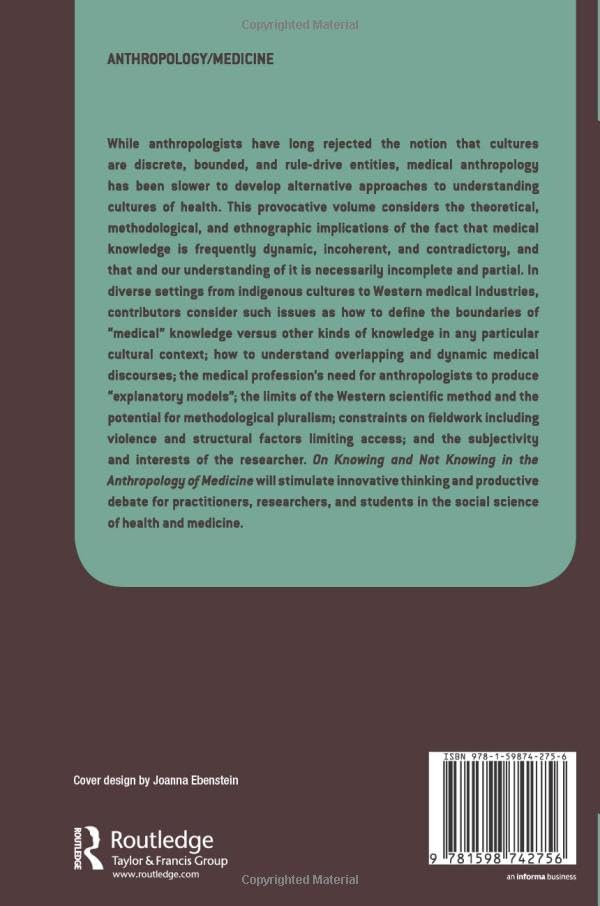On Knowing and Not Knowing in the Anthropology of Medicine
On Knowing and Not Knowing in the Anthropology of Medicine is backordered and will ship as soon as it is back in stock.
Couldn't load pickup availability
Genuine Products Guarantee
Genuine Products Guarantee
We guarantee 100% genuine products, and if proven otherwise, we will compensate you with 10 times the product's cost.
Delivery and Shipping
Delivery and Shipping
Products are generally ready for dispatch within 1 day and typically reach you in 3 to 5 days.
Product Details:
• Author: Roland Littlewood
• Binding: Paperback
• ISBN: 9781598742756
• Pages: 248
• Language: English
• Release Date: 15-02-2007
About the Book:
"On Knowing and Not Knowing in the Anthropology of Medicine" challenges the traditional view that medical knowledge is uniform and consistent across cultures. In this thought-provoking volume, editor Roland Littlewood and contributors highlight the dynamic, incoherent, and contradictory nature of medical knowledge. Drawing on diverse examples from indigenous cultures to Western medical industries, the book critically examines the ways in which medical knowledge is constructed and understood.
The text engages with several key themes:
-
The shifting boundaries of medical knowledge
-
The challenges of applying the Western scientific method in diverse cultural contexts
-
The role of anthropologists in producing explanatory models for health
-
The limitations of fieldwork, including violence and structural barriers
-
The subjectivity and biases of the researcher in interpreting medical practices
This collection of essays is a compelling read for those interested in medical anthropology, offering fresh perspectives on how cultures create and navigate their medical systems.
About the Author:
Roland Littlewood is a professor of anthropology and psychiatry at University College London. He is the director of the Medical Anthropology Centre and has conducted extensive fieldwork in diverse locations including Trinidad, Haiti, Lebanon, Albania, and Italy. His work spans the intersection of medical knowledge, cultural beliefs, and social practices.









